
pipeline design and Engineering
Efficient pipelines engineered for tomorrow
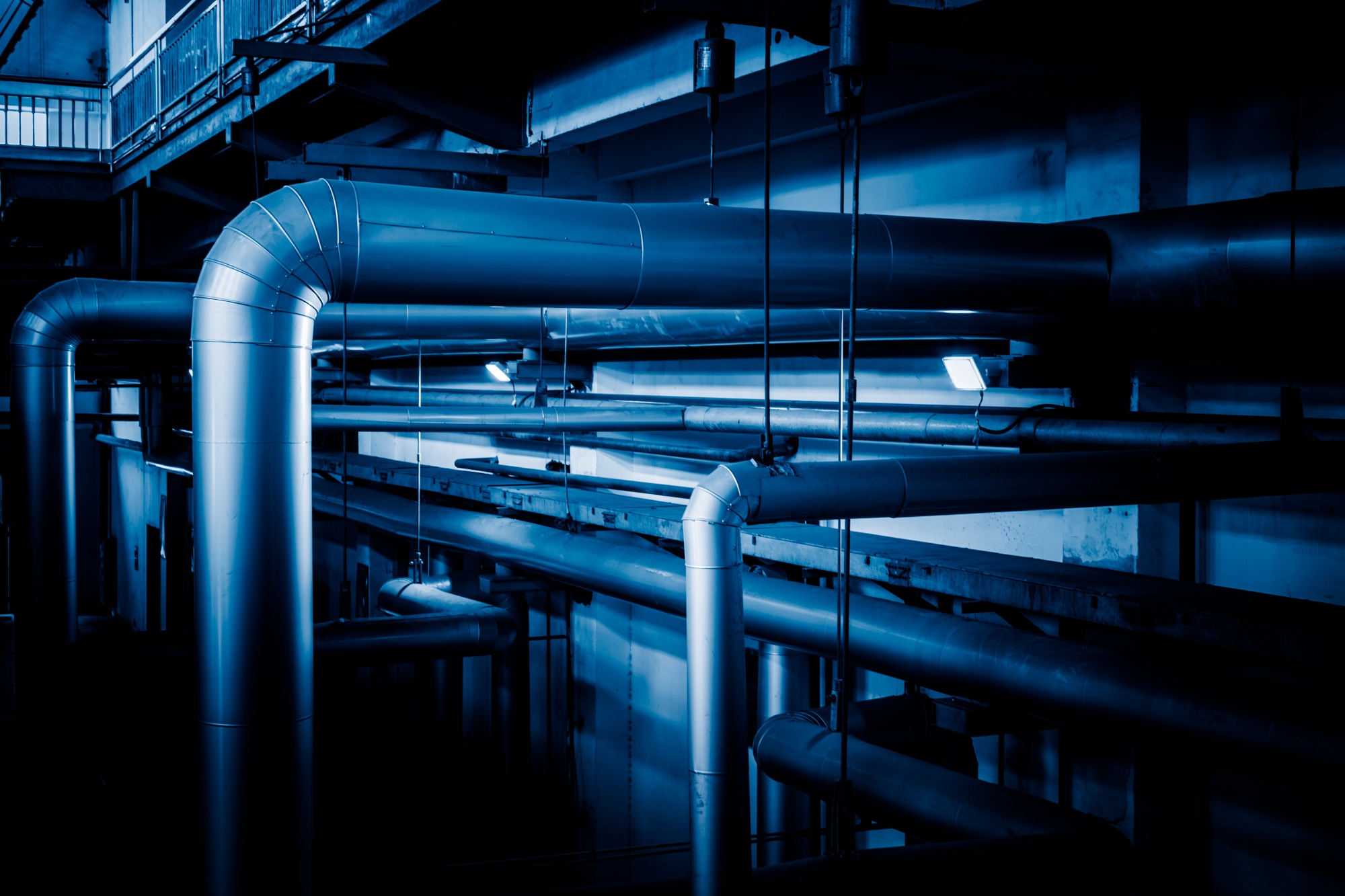
Efficient pipelines engineered for tomorrow
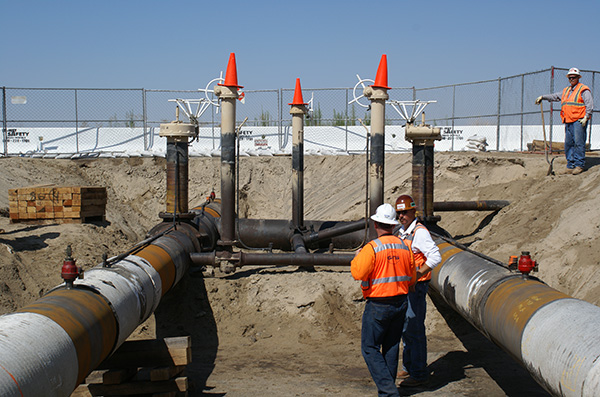
Pipeline route selection is a critical phase in pipeline design, aimed at determining the most efficient, safe, and cost-effective path for transporting materials.Surveying follows as an essential step to collect accurate topographical, geological, and environmental data of the proposed route.
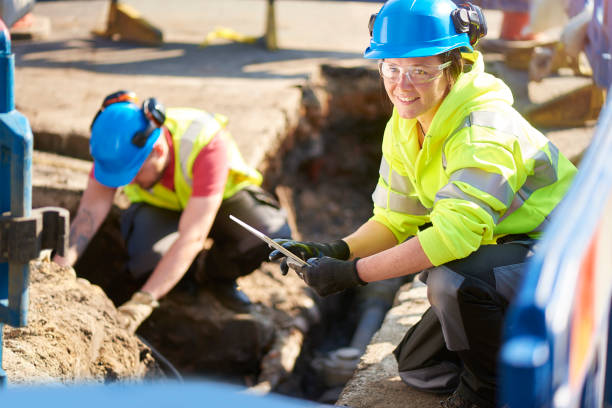
Engineering management in pipe design and engineering involves overseeing the planning, development, and implementation of piping systems for various industries, such as oil and gas, water treatment, and manufacturing. It requires coordinating teams of engineers, designers, and technicians to ensure projects meet safety, environmental, and regulatory standards.
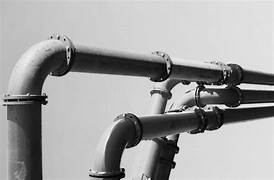
Program management in pipeline design and engineering also emphasizes strategic planning to align project objectives with broader organizational goals. It involves coordinating diverse activities such as route selection, environmental impact assessments, material procurement, and construction scheduling. Stakeholder communication is a critical aspect, ensuring that clients, regulators, and community members are informed and engaged
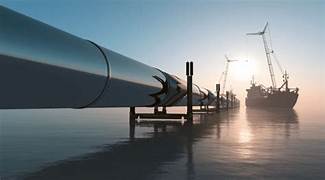
Pipeline design and engineering consultants specialize in planning and designing efficient, safe, and reliable pipeline systems for transporting liquids, gases, and slurries.They offer expertise in route selection, hydraulic analysis, material selection, and compliance with industry standards and regulations. These consultants provide innovative solutions for complex challenges such as terrain variability, pressure management, and environmental impacts.
Pipeline route selection and surveying involve identifying the most efficient, cost-effective, and environmentally compliant path for a pipeline while considering terrain, land use, and regulatory constraints.
Engineering management combines technical expertise with leadership skills to plan, coordinate, and oversee engineering projects, ensuring they are completed efficiently, within budget, and to required standards. It focuses on optimizing resources, managing teams, and aligning technical solutions with organizational goals.
Program management in pipeline design engineering involves coordinating multiple interconnected projects, such as route selection, hydraulic analysis, material design, and construction planning, to ensure the successful execution of pipeline systems.
Construction management and inspection in pipeline engineering involve overseeing the planning, execution, and quality assurance of pipeline construction projects.
Control panel fabrication in pipeline engineering involves designing, assembling, and wiring control panels that monitor and manage the operation of pipeline systems
Start-up and commissioning in pipeline engineering involve testing, validating, and preparing pipeline systems for operational use after construction.
Operator training in pipeline engineering involves educating pipeline operators on system functionality, safety protocols, operational procedures, and emergency response measures.
Operations support and maintenance in pipeline engineering involve ongoing monitoring, troubleshooting, and servicing of pipeline systems to ensure continuous, efficient, and safe operation.


Design development in pipeline engineering involves the detailed planning and creation of pipeline systems, including routing, material selection, and structural design to meet specific operational requirements. It incorporates hydraulic analysis, environmental considerations, and regulatory compliance to ensure safe, efficient, and sustainable pipeline performance.
Feasibility studies in pipeline engineering involve assessing the practicality and potential success of a proposed pipeline project by evaluating factors such as cost, environmental impact, regulatory compliance, and technical challenges.
Permit and regulation compliance in pipeline design and engineering involves ensuring that all aspects of the pipeline project meet local, national, and international laws and industry standards. This includes obtaining the necessary permits, conducting environmental impact assessments, and adhering to safety, environmental, and construction regulations to ensure legal approval and minimize risks.
Cost estimation in pipeline design and engineering involves calculating the total expenses associated with the planning, design, construction, and operation of a pipeline system. This includes costs for materials, labor, permits, equipment, and environmental considerations, as well as contingencies for unforeseen challenges. Accurate cost estimation is crucial for budgeting, project planning, and ensuring the financial feasibility of the pipeline project.
Risk analysis in pipeline design and engineering involves identifying, assessing, and mitigating potential hazards that could affect the safety, functionality, or environmental impact of the pipeline. This process includes evaluating factors such as system integrity, external threats, operational risks, and environmental conditions to develop strategies that minimize risks and ensure safe, efficient pipeline operation.
Quality assurance in pipeline design and engineering involves implementing systematic processes to ensure that pipeline systems meet design specifications, safety standards, and regulatory requirements.
Sustainable design in pipeline engineering focuses on creating pipeline systems that minimize environmental impact, conserve resources, and ensure long-term operational efficiency. This includes using eco-friendly materials, optimizing energy consumption, reducing emissions, and incorporating designs that protect natural ecosystems and communities.
Vital to the continuous improvement and success of any pipeline design and engineering venture is the thorough evaluation of project performance. At EmirCorp Projects, our consulting services extend beyond project delivery. We provide comprehensive project evaluation, scrutinizing the project’s efficiency and outcomes against set objectives. This allows us to pinpoint areas of improvement and to ensure lessons learned are integrated into future project executions. Our robust project evaluation process ensures your projects are continually improved and optimized for success.
Ensuring the longevity and reliability of existing infrastructure is a vital component of pipeline engineering. At EmirCorp Projects, our experienced consultants can provide in-depth infrastructure analysis. We assess the current condition of your infrastructure, identify potential issues, and propose necessary upgrades or repairs. Our meticulous evaluation can help prolong the life of your infrastructure, ensuring it remains safe, functional, and efficient.
Site selection in pipeline design engineering involves evaluating and choosing the optimal location for the pipeline route based on factors such as terrain, environmental impact, land use, and accessibility.